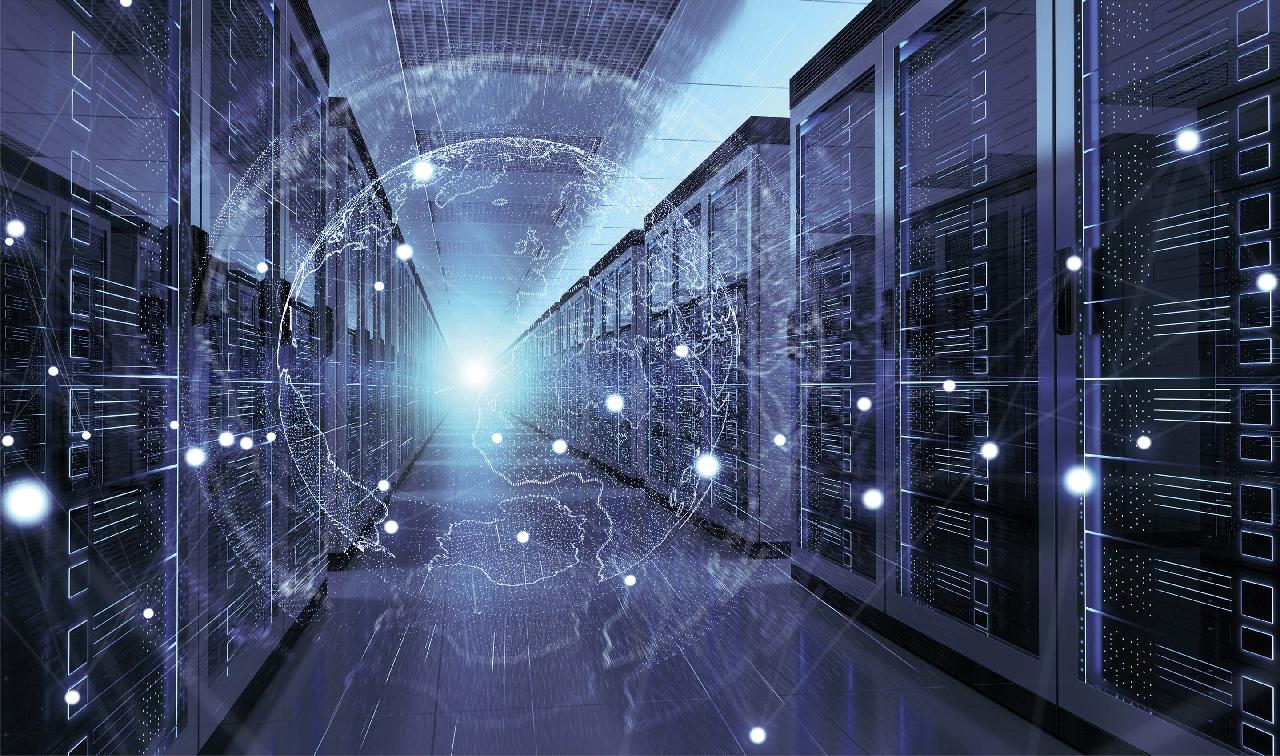The Time Machine Organisation (TMO) is the leading international organisation for cooperation in technology, science and cultural heritage and the institutional governing framework that ensures the sustainability and economic independence of the Time Machine project.
It is an internationally oriented association under Austrian law and headquartered in Vienna. As such, the association is open to any type of legal entity that deals with science, technology and cultural heritage. Furthermore, it is possible for individuals to join the Time Machine network by becoming a Time Machine Supporter.
Membership is based on the organisation´s constitution and the respective membership fee regulation.
Goals and ambition of the Time Machine Organisation
- Provide a platform for carrying out projects of different kinds in different funding programmes with different consortia (consulting in terms of funding instruments, finding appropriate partners, project management etc.)
- Develop technologies in order to further advance the digital use and reuse of cultural heritage
- Build an infrastructure that implements the goals and activities of Time Machine (servers, databases, platforms, etc.) as well as strengthen the practical capabilities of the Time Machine Organisation and its members
- Create an environment for continuous exchange of knowledge, best practice and expertise in order to boost current and future developments (online knowledge base, Time Machine events like the Time Machine conference 2019, workshops, national stakeholder meetings, special networking events etc.)
- Provide open source tools and technologies
- Offer support in different fields (use of technologies and infrastructure, project building, etc.)
Time Machine Organisation Strategic Plan
The Time Machine Organisation Strategic Plan defined the following 6 Priority Areas:
I. Time Machine Agenda
First and foremost, the focus has to lie on driving the vision of the Time Machine (TM) forward, by setting up:
- A Processing Infrastructure composed of a digital content processor and different simulation engines
- A Digitisation Infrastructure composed of a network of digitisation hubs and organised on a European scale
- “Requests for Comments” (RFCs) to ensure the open development and evaluation of work on the technological infrastructure
II. Local Time Machine Services
All Time Machine related projects focussing on a specific place/ city/ region can be submitted as Local Time Machine Projects, establishing the Local Time Machines (LTMs). Services for these LTMs will include:
- Webspace and Project Environment
- Technical Infrastructure (Data Graph, 4D Maps, Code Library, Project Repository)
III. Project Scouting Services
Support Founding and Regular TMO members with launching potential projects which fall within the Time Machine’s scope, including identifying suitable calls, finding partners, building consortia and ultimately producing winning proposals.
IV. Services to Third Parties
Making use of the Time Machine consortium’s vast knowledge and expertise, TMO will develop and promote specific services for third parties in different aspects related to Cultural Heritage, increasing the awareness and resources for Time Machine.
V. Dissemination
Goal: “Package” and make available the knowledge created in other Priority Areas through publications, lectures, courses and other forms of dissemination.
VI. Communication
Goal: Raise awareness and communicate the impact of TMO activities and use communication tools to serve strategic TMO objectives.
Together, we will build a Time Machine for Europe!
